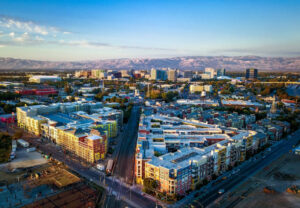You’ve planned an event, the audiovisual company is set up, the tables and chairs have been dropped—and the fire marshal walks in and throws a monkey wrench into the whole program. Believe it or not, the marshal does show up more often than you might realize. He’s not interested in whether your setup looks great or not. He’s interested in public safety and whether a session can occur safely. With some due diligence, you can avoid problems with the fire marshal.
Exit—Make sure all doors are visible. Depending on room size and seating capacity, the fire marshal might require entries behind the stage and technical areas to be accessible. A fire marshal might even need a planner to place personnel at exits to assist in the event of an emergency.
Aisleways—Aisles need to be clear and unobstructed. Required widths of aisles will vary depending on crowd size and the location of exits. Usually, facility officials know what the fire marshal requires for aisle-width dimensions.
Trip Hazards—You might think trip hazards are things in the way of walkways or exits. But trip hazards also can be considered anything that could end up in walkways. Fire marshals may require chairs to be tied or fixed together, preventing them from moving into areas where they would be in the way in an emergency.
Fireproofing—A fire marshal might require that an AV company provide proof that drapery and other scenic materials have been fireproofed. Most professional drapery has a tag sewn in. But different custom-made scenery might be an issue if it’s located near lights or other heat sources. Also, anything hung over people’s heads must have a steel safety wire.
Fog Machines and Fire Alarms—AV companies and lighting designers like to use fog machines and hazers because they make light beams visible, which creates a nice effect. These devices, however, wreak havoc on smoke detectors. Fog machines must be approved in advance, so smoke alarms and fire detectors can be disabled. To do that, at least one person (sometimes more) has to be hired to stand guard and manually trip fire alarms in the event of a fire. This is usually the case whenever smoke detectors are disabled, even for rehearsals and focusing lights.
Pyrotechnics—Simply put, if you have any fireworks during an event, don’t mess around. Call the fire marshal’s office at the very beginning of planning. Tell the marshal everything you’re planning to do and get approval.


Average Rating